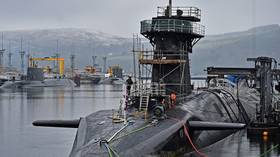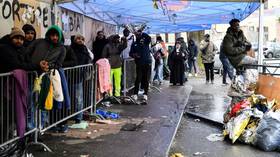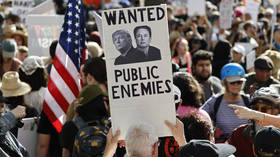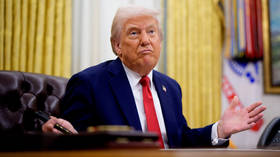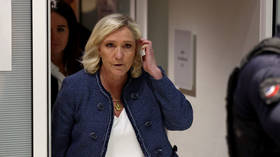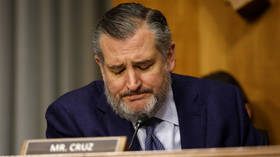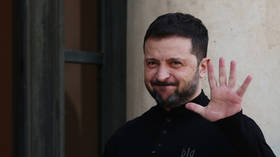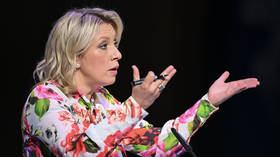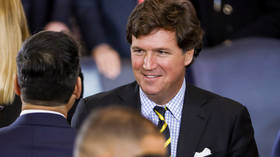Russia considering changes to nuclear doctrine – Kremlin
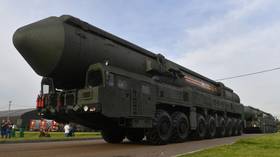
Russian policymakers are considering making adjustments to the country’s nuclear doctrine in response to rising tensions with NATO, Kremlin spokesman Dmitry Peskov has stated.
Speaking to reporters on Thursday, the official said the NATO declaration approved by member-states at a summit in Washington this week would require a “thoughtful, coordinated, and effective response” from Moscow “to contain” the US-led military bloc.
Against this backdrop, Peskov called NATO a “tool of confrontation” deeply involved in the Ukraine conflict, adding that “work on the nuclear doctrine is underway, these discussions involving experts are indeed taking place.” Nuclear weapons are not the only deterrence at Russia’s disposal, Peskov added, without giving further details.
The Washington Summit Declaration issued by NATO on Wednesday designated Moscow as “the most significant and direct threat to Allies’ security” while condemning its military operation against Ukraine. It also reaffirmed that “nuclear deterrence is the cornerstone of Alliance security,” adding that NATO would continue to invest in nuclear capabilities. The bloc also condemned what it called Moscow’s “irresponsible nuclear rhetoric and coercive nuclear signaling.”
The document was issued after NATO Secretary-General Jens Stoltenberg revealed that the bloc’s members were discussing putting more of their nuclear weapons on standby mode to counter potential threats from Russia and China. Moscow has condemned the statement as escalatory.
According to its current nuclear doctrine, Russia can use its nuclear arsenal only “in response to the use of nuclear and other types of weapons of mass destruction against it or its allies, and also in case of aggression against Russia with the use of conventional weapons when the very existence of the state is threatened.”
In June, however, Russian President Vladimir Putin revealed that Moscow is contemplating changes to the nuclear doctrine, explaining that the country’s “potential adversary is working on… new elements associated with lowering the threshold for the use of nuclear weapons.” According to Putin, Moscow’s rivals are particularly focused on “ultra-low yield explosive nuclear devices.”
“We know that expert circles in the West are considering the idea that such weapons could be used and there is nothing particularly terrible about it. We must pay attention to this,” Putin stressed.
At the same time, Moscow has consistently stated that a nuclear war must never be fought, dismissing Western accusations of saber-rattling.
